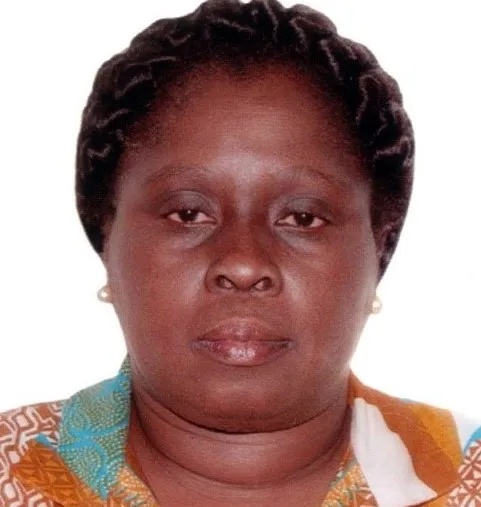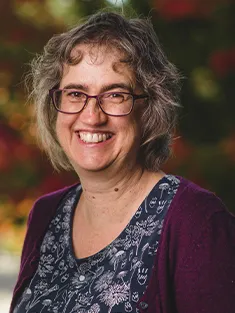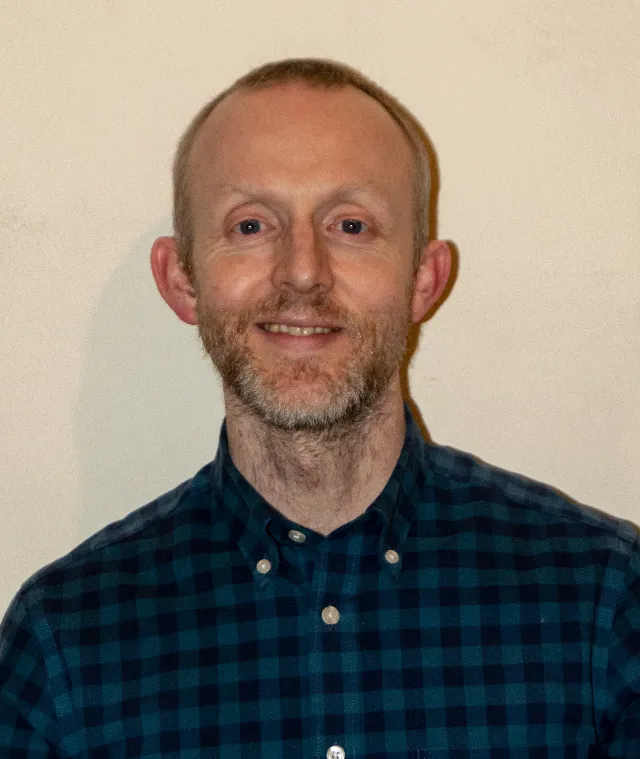Early Career Prize for Excellence in Secondary and Further Education
Recognising inspirational, innovative and dedicated people in the first five years of their career in secondary or further education.
Details
| Status | Closed |
|---|---|
| Nominations closing date | 17 June 2025 |
| Nominator eligibility | Anyone |
| Nominee eligibility | Anyone |
| Nominee location | UK and Ireland |
| Career stage | Early career |
Excellence in Education prizes
Our Excellence in Education Prizes celebrate educators in primary, secondary, further education and higher education – including teachers, technicians and more. These prizes recognise a wide range of skills – from curriculum design to effective teaching, and from personal development to working culture. This category includes specific prizes for teams and for those in the early stages of their career.
Judging panel

Niki Kaiser
Notre Dame High School, UK

Genevieve Adukpo
University of Cape Coast, Ghana

Amir Ali
London Nautical School, UK

Emma Bickerstaffe
Horizon Community College, UK

James Cairney
Cumbernauld Academy, UK

Dr Alison Hill
University of Exeter, UK

Amie Langford
Manchester Metropolitan University, UK

Colin McGill
Edinburgh Napier University, UK

Stuart Naismith
Gartcosh Primary School, UK

Professor Gita Sedghi
University of Liverpool, UK
Winners
Niall Begley, Our Lady and St Patrick's College, Knock
For his enthusiasm and use of innovative, engaging teaching methods in chemistry and encouraging the development of his colleagues
About this prize
This prize recognises inspirational, innovative and dedicated people in the first five years of their career in secondary or further education.
- Run annually
- The winner receives £3000, a medal and a certificate
- The winner will be chosen by the Education Prize Committee
Nominations are open now until 17:00 on Tuesday 17 June 2025
- The prize is open to nominees working in the primary education sector in the UK or Ireland
- Nominees should be within 5 years of starting their career in education (inclusive of any training year) at the closing date for nominations Consideration will also be given to those who have taken career breaks, changed to a career in education or followed different career paths
- Nominees may not nominate themselves
- Nominees do not need to be members of the RSC
- Nominators do not need to be members of the RSC
- We will not consider nominations of deceased individuals
- Nominees can only be considered for one of our individual Excellence in Education prizes in any given year. In the case where an individual is nominated for more than one prize independently, RSC staff will ask the nominee which prize they would like to be considered for
- Individuals named in any of the following roles during the nomination and judging period are not eligible to nominate or be nominated:
- Education Prize Committee members
- RSC Subject Community Presidents
- RSC Prize Committee members
- Trustees of the Royal Society of Chemistry
- Royal Society of Chemistry staff
- When nominating previous RSC prize winners, please remember that a person cannot be awarded twice for substantially the same body of work
- Nominees should only be nominated once for this prize in any given prize cycle. In cases where we receive more than one nomination for the same nominee, only one nomination will go forward to judging
- Since 2023, we have been trialling a process where all unsuccessful nominations will automatically rollover once, to be considered for the next round of the prize, unless the nominee's circumstances have changed to make them ineligible. This means that:
- All nominations submitted for the first time for a 2024 prize will be considered for a 2025 prize. We strongly encourage nominators to update their nomination between cycles when the nomination window is open
- The RSC Prize Committee will review the outcomes from the trial in July 2025
To make a nomination, please use our online nominations system to submit the following information:
- Your name and contact details
- Your nominee's name and contact details
- A short citation describing what the nominee should be awarded for. This must be no longer than 250 characters (including spaces) and no longer than one sentence
- A supporting statement (up to 750 words) addressing the selection criteria
- References are not required for this prize and will not be accepted
We reserve the right to rescind any prize if there are reasonable grounds to do so. All nominators will be asked to confirm that, to the best of their knowledge, their nominee's professional standing is such that there is no confirmed or potential impediment to them receiving this prize. All winners will be asked to sign the RSC's Code of Conduct Declaration for Recognition.
Our selection committees base their evaluations primarily on the overall quality of relevant contributions made by nominees and not on quantitative measures. In your nomination, you should show how the nominee demonstrates emerging impact in one or more of the selection criteria below. While nominees for this prize should be working in primary education, they may demonstrate evidence of the criteria within any stage of education. Nominees do not have to demonstrate all of the selection criteria in order to be considered for the prize.
The selection committee will consider the following aspects of nominations for this prize:
- Demonstrating effectiveness in delivering or supporting teaching and/or assessment of science.
- Contributing to the design of an innovative and effective science curriculum.
- Enthusing pupils through practical science.
- Raising the profile of chemistry in the curriculum and through extra curricular activities so that pupils are inspired to become more aware of chemistry and its relevance to society.
- Championing inclusion and diversity in science education.
- A commitment to continuing professional development.
- Other indicators of esteem indicated by the nominee/nominator.
This prize was created in 2020, as part of a series of changes introduced following an independent review of the Royal Society of Chemistry’s recognition programmes.